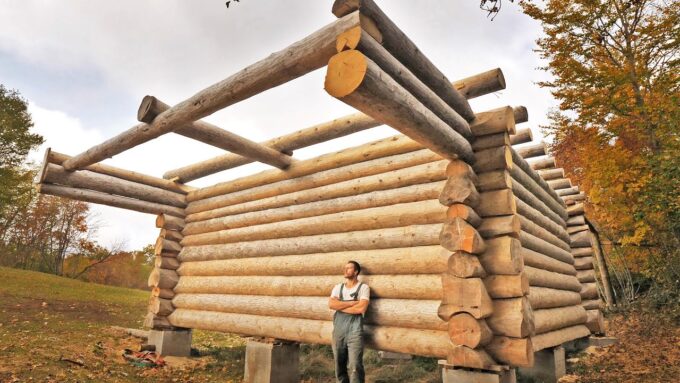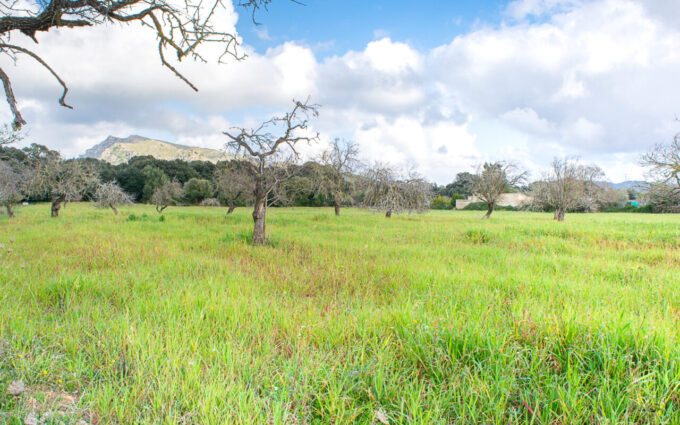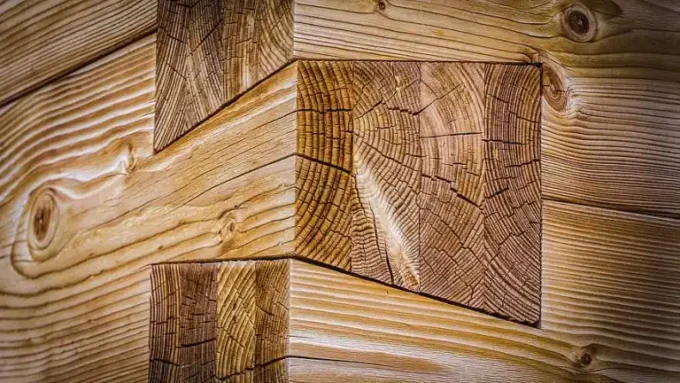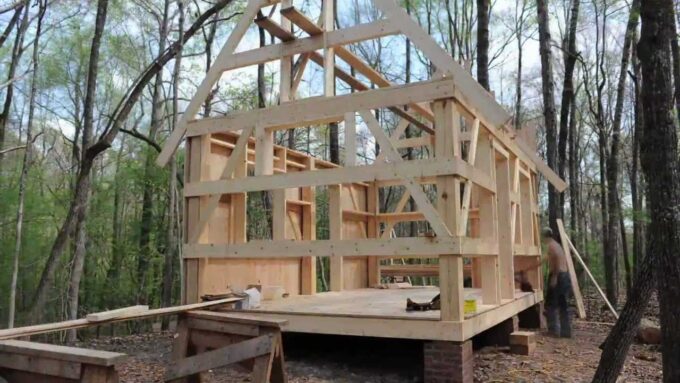For someone with a high level of DIY or carpentry knowledge, constructing a cabin in the woods is pretty simple. It does not need any talents in fundamentals, but it does necessitate a structured process, a rudimentary grasp of design, and, on occasion, some broad sense of craftsmanship. You’ll need to be able to read and comprehend the guidelines’ schematics, framesets, and configurations.
Many settlers’ off-grid aspirations will happen if they live in a magnificent handmade small cabin, and that’s precisely what we’re aiming for with this tutorial! Everybody who tries to create a cottage from the ground up should start with some tutorial. In an era of manufactured furnishings and modular concrete dwellings, a log cabin exudes workmanship, earthy appeal, and natural beauty.
The fascination of building such a project is no less than landing on the moon. And like planning to go to the moon, it is a technical process. It is not like you can place woods in a certain way, and the cabin is ready to use. It demands proper attention to blend together mathematical, architecture, designing, and construction skills altogether. If you need some professional help to help you in your wooden endeavors, Hamill Creek is the place to reach.
The First Step

Source: youtube.com
Whenever you construct a log cabin in your backyard, you’ll need to figure out if you need a construction permit from the officials as well as your neighbors. Look at the growth plan for your site at your city zoning department if you’re creating a cabin in the woods over your land. All of the documentation you want will be provided by the housing authority. You won’t require authorization if the proportions are adjusted within the restrictions and the layout fits stringent guidelines.
Get an insurance
Log cabin protection is recommended for landowners who wish to be certain. The policy covers you from the beginning to the end of the log house production process. Before you start building your backyard log homes, look into available log house insurance.
Plot your Land

Source: ccc-real-estate.com
Choose the most suitable and feasible site for the cottage. For better accessibility, several wood huts for the gardens are located adjacent to the primary residence. You may utilize your neighborhood maps to get a sense of the open spaces that are obtainable on your estate. Make sure you’re aware of and follow the rules surrounding extra structures in your home.
Prepare your ground
Make sure your foundation is solid and balanced. A sturdy cement foundation or concrete structures constructed to the property’s proportions are recommended for a cabin in the woods. We normally leave a two-foot space all the while around the perimeter of the foundation for convenient access when it comes time to paint the hardwood with a protective coating.
Movement of the wood

Source: sdfwa.or
When constructing a cabin in the woods, think about how the wood will flow as the moisture level rises, and the wood swells. It implies you’ll need to allow the hardwood some breathing room. When erecting a wood home, bolts and nuts can create severe complications and must not be utilized.
Treatment of the Cabin
Preventive measures must be done before the sealing of the doors and windows because, when applied retroactively, the glue might reject the preventive coating, causing early decaying around the window frames.
Calculate your budget

Source: english-online.rs
Knowing your operating amount is one of the most crucial things to consider before starting a Personal project for backyard log houses. What is the maximum amount you can spend? Make sure your spending isn’t out of control. There are several log building packages and designs available that are basic, economical, and functional without exceeding the budget.
What to do exactly
- Install all walls and support pillars in their proper locations.
- Slide the corner clips onto the base columns to begin constructing the cottage.
- Make sure the foundational columns are parallel.
- Begin putting up the very first wall panels.
- Keep a careful eye on the design to figure out which wall beams should go where.
- Continue to build the remaining wall beams.
- Keep a close watch on the plan to ensure that the columns are in the proper locations.
- Place the main beam with holes for attaching other shafts, if existing in your log home, and then install the needed cross-members.
- Keep going to arrange the pieces in the order specified in the design.
- Now it’s time to put the rooftop joists in place.
- Keep a close eye on which direction they should be sloping.
- After installing the overhanging pieces, attach the exterior one lastly.
- Place the filler bricks between and adjacent to the joists.
- Simply divide border blocks equally into two ends by the length between the sidewalls at the top.
- Install the remaining two joists and secure them with nails from within.
- Connect the rooftop planks to the front and sides of the house, maintaining them straight.
- Remove the last ceiling panel’s surplus material.
- Fix the porch planks in place. You have the option of booting it up against one another and mitering the edges.
After building the cabin

Source: youtube.com
A covering of pebbles around the base of your log home helps protect it from rainfall. It will be keeping the wood dry, extending the life of the log home. If you want to add pipelines or built-in chairs to your cabin in the woods after it’s finished, you’ll need to think about how the wood will behave.
Cut through the block logs at the horizontal and vertical of the storm brace and secure with a rivet to the interior walls of the cottage. The doorway latches should be fitted as soon as the lodge is complete. The hinges prohibit the panels from flying open unexpectedly, reducing storm surges to the panels and window.
The Parting Words
Building a log cabin is a great way to involve oneself in a creative task employing several intellectual skills. Many people try it out, and it is one of the fulfilling tasks. So, even if you are facing issues, do not quit as you will get there.







